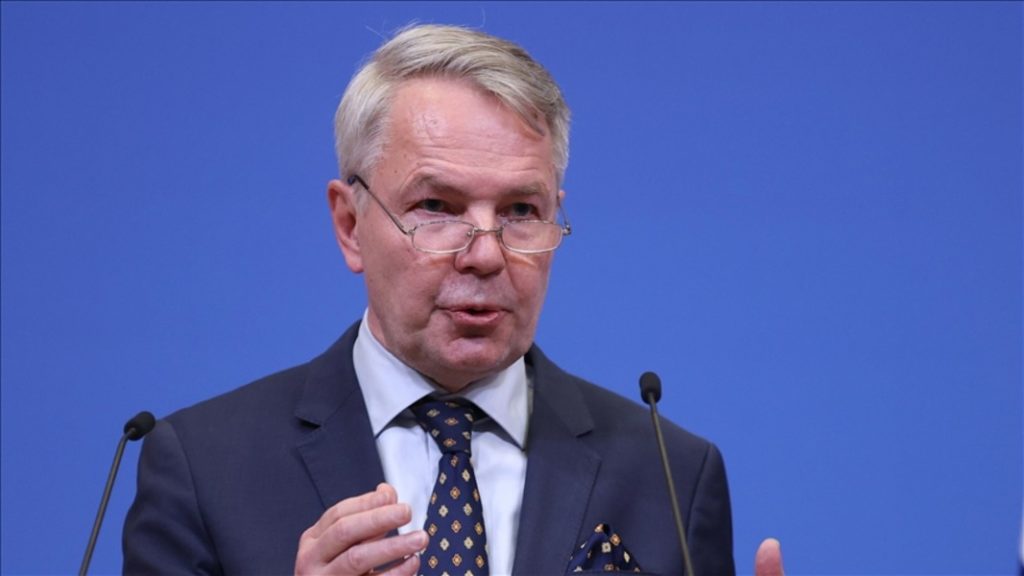Finland’s foreign minister hinted that Russia may have been involved in last week’s Quran-burning protest that threatens to derail Sweden’s accession to NATO, — inform Bloomberg.
Rasmus Paludan, a far-right activist with dual Danish and Swedish citizenship, burned Islam’s holy book in central Stockholm, leading Turkish President Recep Tayyip Erdogan to rule out supporting Sweden’s entry into the North Atlantic Treaty Organization.
Paludan’s potential ties to Russia have “been investigated and certain connections in his vicinity have been found,” Finland’s Pekka Haavisto said in an interview on YLE TV1 on Saturday, stopping short of confirming Russian involvement.
The episode “raises the question of whether some third party is seeking to stir the pot — for example Russia — or some other party opposing the NATO membership and looking to provoke to achieve that. This is unforgivable,” Haavisto said.
Sweden’s government hasn’t commented publicly on any link between Paludan and Russia, but Prime Minister Ulf Kristersson this week noted “forces that may want to keep the nation out of the military alliance.”
“There are forces both within Sweden and outside who wish to hinder Sweden’s membership in NATO,” Kristersson said. “It’s against that background we need to see the provocateurs who wish to worsen Sweden’s relations with other countries.”
Turkey and Hungary are the only two of NATO’s 30 members who’ve yet to ratify the applications of Finland and Sweden.
Erdogan’s comments cast doubt on Sweden’s prospects of joining the alliance. With an election expected to be held in mid-May, Erdogan is aiming to burnish his support among Turkey’s religious conservatives.
“The general view is that Turkey is taking a time-out on Sweden’s accession into NATO and it’s possible to return to the topic after the May elections,” Haavisto said, adding that neither Nordic country’s entry has been permanently blocked.
It’s “unlikely that Finland would join the defense alliance before Sweden,” he said, having floated such a possibility earlier in the week.
While formal talks between the three countries have been halted, Finland remains in touch with Turkey, Haavisto said, adding he speaks with his counterpart Mevlut Cavusoglu “every time something happens on the international stage.”

